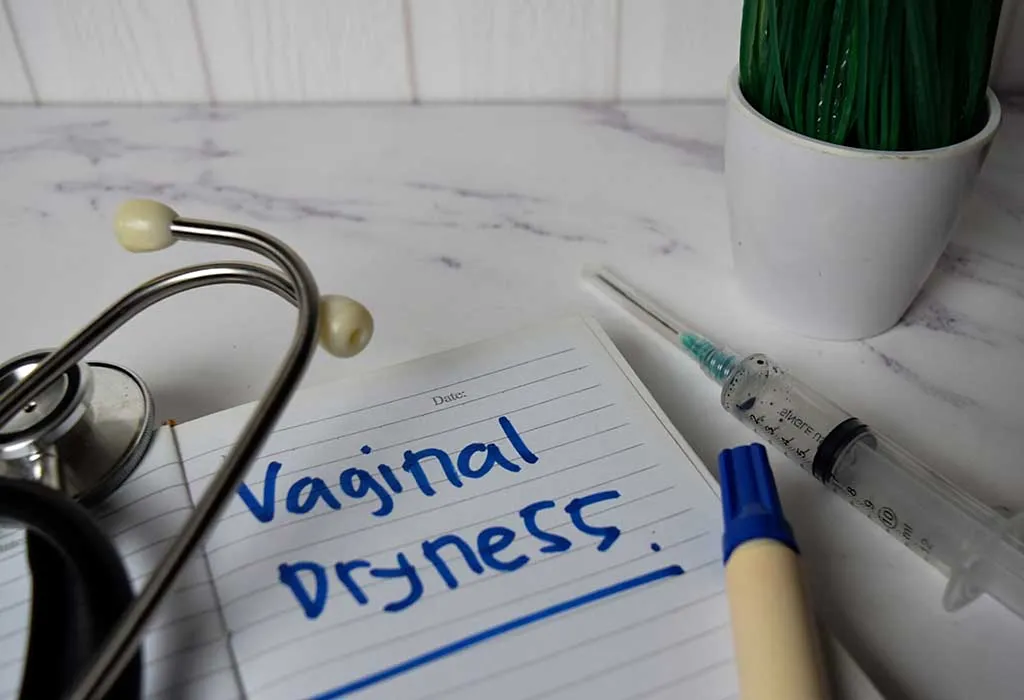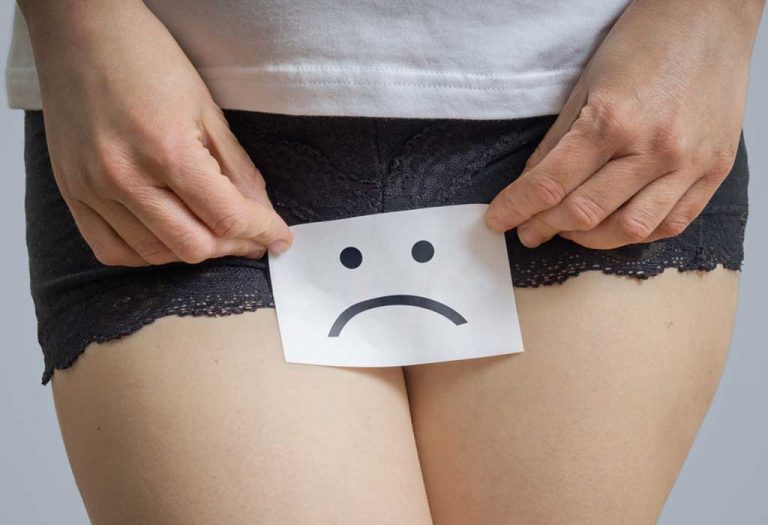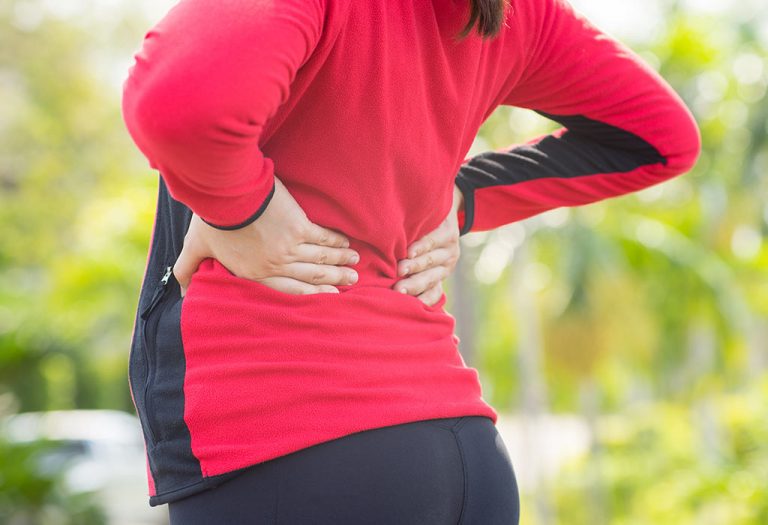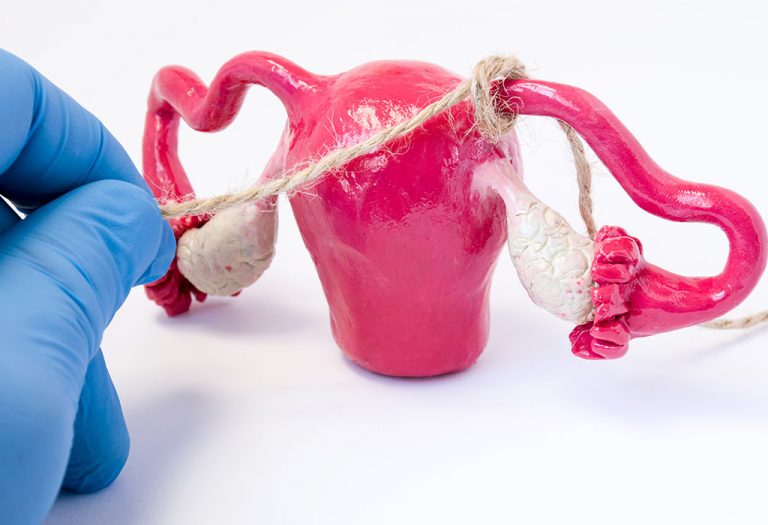Vaginal Dryness After Giving Birth: Causes and Treatments
There appear to be a million things no one taught you about pregnancy and childbirth. Postpartum dry skin down there is typical after delivery, although many women are unaware of it. Vaginal dryness postpartum is a common issue. You must be aware of this scenario to restore natural vaginal moisture and make intercourse more pleasurable. Here, we talk about the condition, why it happens, steps you can take to treat it, and how, if at all, it affects breastfeeding. Additionally, we will explore some natural remedies and lifestyle changes that can help alleviate this discomfort, ensuring a smoother recovery period.
What Causes Vaginal Dryness?
Postpartum thyroid, an infection of the thyroid gland, can also induce postpartum vaginal dryness. When your thyroid is inflamed, it generates hormones that are essential to many body activities, including metabolism; however, when your thyroid is inflamed, it may produce too much or not enough thyroid hormones. The symptoms of postnatal vaginal dryness are as follows:
- Sensitivity to cold
- Depression
- Dry skin
- Irritability
- Difficulty sleeping
- Weight gain
- Shakiness
Apart from this, some other hormone-induced reasons specific to women include:
1. Menstrual cycle
During your menstrual cycle, they also cause the formation of a lining in your uterus. If a fertilized egg isn’t implanted in this lining, estrogen and progesterone levels fall, and the uterine lining sheds as part of your menstruation.
2. Pregnancy
When you’re pregnant, your estrogen and progesterone levels skyrocket. The uterine lining grows into a placenta instead of being removed. In addition, the placenta begins to produce estrogen and progesterone.
3. After delivery
After giving delivery, the estrogen and progesterone levels plummet drastically. They recover to their pre-pregnancy levels within 24 hours after giving birth. Since estrogen can interfere with milk production, your body reduces estrogen even further when nursing. Postpartum vaginal dryness develops due to hormones, specifically estrogen and progesterone. They are mostly generated by your ovaries, which cause puberty, which includes breast growth and menstruation.
Estrogen is vital for sexual desire because it promotes blood flow to the genitals and vaginal lubrication. Many of the postpartum symptoms that women experience, such as hot flashes, night sweats, and vaginal dryness after birth, are caused by a shortage of estrogen. To combat this, some women opt to take an estrogen supplement. Others prefer not to take one since it raises the chance of cancer and other complications, such as blood clots.
How Common Is Vaginal Dryness After Pregnancy?
If you are experiencing any of these or other symptoms, you may find some solace in knowing that you are not alone. Up to 10% of women get postpartum thyroiditis.
Your therapy will be determined by the type of postpartum thyroiditis you have. In the case of an overactive thyroid, your doctor may recommend beta-blockers to alleviate symptoms. If your thyroid is underproducing, your doctor may offer thyroid hormone replacement medication. But how long does postpartum dryness last? If postpartum thyroiditis is the source of your vaginal dryness, be comforted that for 80 per cent of women, thyroid function returns to normal within 12 to 18 months.
Other causes, like tiredness or postpartum depression, might contribute to the feeling of dryness if a patient is not nursing. If a patient doesn’t feel right, she should have her thyroid checked. Thyroid issues might affect up to ten per cent of postpartum mothers.
Effect of Childbirth on Vagina

Childbirth and dryness after having a baby can cause your vaginal tissue to shrink, become less elastic, and become more prone to damage. The vaginal canal can also become irritated, causing burning and irritation.
Because of these changes, postpartum intercourse may be unpleasant, or you may suffer from internal dryness down there after childbirth. Take heart, though, because these symptoms should go away as your estrogen levels return to normal.
How to Help Vaginal Dryness Postpartum?
Despite postpartum vaginal dryness, you can still have a satisfying sexual life. The following suggestions can help you improve your postpartum sexual experience:
- Douches and personal hygiene sprays, which can irritate delicate vaginal tissues, should be avoided.
- Discuss your worries with your partner.
- When having sex, use a lubricant. (If your partner wears a condom, avoid petroleum-based lubricants, which can cause condom degradation.)
- Applying a vaginal moisturizer every few days is a good idea.
- Drink plenty of water. Maintain a healthy level of hydration in your body!
- Discuss with your doctor the use of an estrogen vaginal cream, such as conjugated estrogens or estradiol.
- Increase foreplay and experiment with new techniques and positions.
Postpartum Vaginal Dryness and Breastfeeding
Some women endure a lack of vaginal lubrication throughout their nursing experience, which may be irritating and even painful. The amount of estrogen, a feminine hormone, is reduced after birth and when breastfeeding. Breastfeeding your kid might lower your estrogen levels even further and promote vaginal dryness after delivery.
Fortunately, after we stop breastfeeding, this dryness disappears. This causes vaginal tissue thinning, similar to menopause. Patients are advised to use vaginal moisturizers, and if the patient’s symptoms persist, vaginal estrogen cream is another possibility. If something seems wrong with your body, always consult a healthcare expert.
When to Consult the Doctor?
If your postpartum symptoms linger despite home remedies, cause significant discomfort, or are accompanied by unusual discharge, bleeding, or unbearable pain, or you are worried in any way, consult your OB-GYN and midwife. Infections, diabetes, and vaginismus (involuntary contractions) may all cause painful intercourse, so it’s critical to be open and honest with your healthcare practitioner about your symptoms.
FAQs
1. Can vaginal dryness postpartum affect my mental health?
Yes, experiencing vaginal dryness postpartum can affect your mental health. Discomfort and pain during intercourse may lead to feelings of frustration, anxiety, and decreased libido. Open communication with your partner and seeking professional help if needed can alleviate these emotional impacts.
2. Are there any specific exercises that can help alleviate vaginal dryness?
Yes, pelvic floor exercises, also known as Kegel exercises, can help improve blood flow to the vaginal area, potentially reducing dryness. These exercises strengthen the pelvic muscles, which can enhance overall vaginal health and lubrication.
3. Can certain foods help with postpartum vaginal dryness?
Yes, a diet rich in omega-3 fatty acids, vitamin E, and phytoestrogens can support vaginal health. Foods like flaxseeds, walnuts, avocados, and soy products may help improve natural lubrication and reduce dryness.
Vaginal dryness can cause pain in the vaginal and pelvic areas. While several factors can cause this syndrome, vaginal dryness is seldom significant, and there are various medications available to aid with its treatment. There are additional steps you may take to avoid it. However, if you have persistent vaginal dryness, talk to your doctor about it so they can help you discover the correct solution.
References/Resources:
1. O’Malley. D, Higgins. A, Begley. C, Daly. D, Smith. V; Prevalence of and risk factors associated with sexual health issues in primiparous women at 6 and 12 months postpartum; a longitudinal prospective cohort study (the MAMMI study); BMC Pregnancy and Childbirth; https://bmcpregnancychildbirth.biomedcentral.com/articles/10.1186/s12884-018-1838-6; May 2018
2. Vaginal dryness (Women’s Health Concern); British Menopause Society; https://www.womens-health-concern.org/wp-content/uploads/2023/11/25-WHC-FACTSHEET-VaginalDryness-OCT2023-B.pdf
3. Alligood-Percoco. N, Kjerulff. K, Repke. J; Risk Factors for Dyspareunia After First Childbirth (Obstetrics & Gynecology); National Libary of Medicine; https://www.ncbi.nlm.nih.gov/pmc/articles/PMC4993626/; September 2017
4. Postpartum Dyspareunia Resulting From Vaginal Atrophy; National Libary of Medicine; https://clinicaltrials.gov/study/NCT01319968
5. Abraham. C; Experiencing Vaginal Dryness? Here’s What You Need to Know; American College of Obstetricians and Gynecologists; https://www.acog.org/womens-health/experts-and-stories/the-latest/experiencing-vaginal-dryness-heres-what-you-need-to-know
6. Bachmann. G, Pinkerton. J; Patient education: Vaginal dryness (Beyond the Basics); UpToDate; https://www.uptodate.com/contents/vaginal-dryness-beyond-the-basics
Also Read:
Vagina Changes After Childbirth
Hormonal Changes After Pregnancy
Common Body Changes After Childbirth
Recovery Ideas for Vagina After Pregnancy
Was This Article Helpful?
Parenting is a huge responsibility, for you as a caregiver, but also for us as a parenting content platform. We understand that and take our responsibility of creating credible content seriously. FirstCry Parenting articles are written and published only after extensive research using factually sound references to deliver quality content that is accurate, validated by experts, and completely reliable. To understand how we go about creating content that is credible, read our editorial policy here.


































